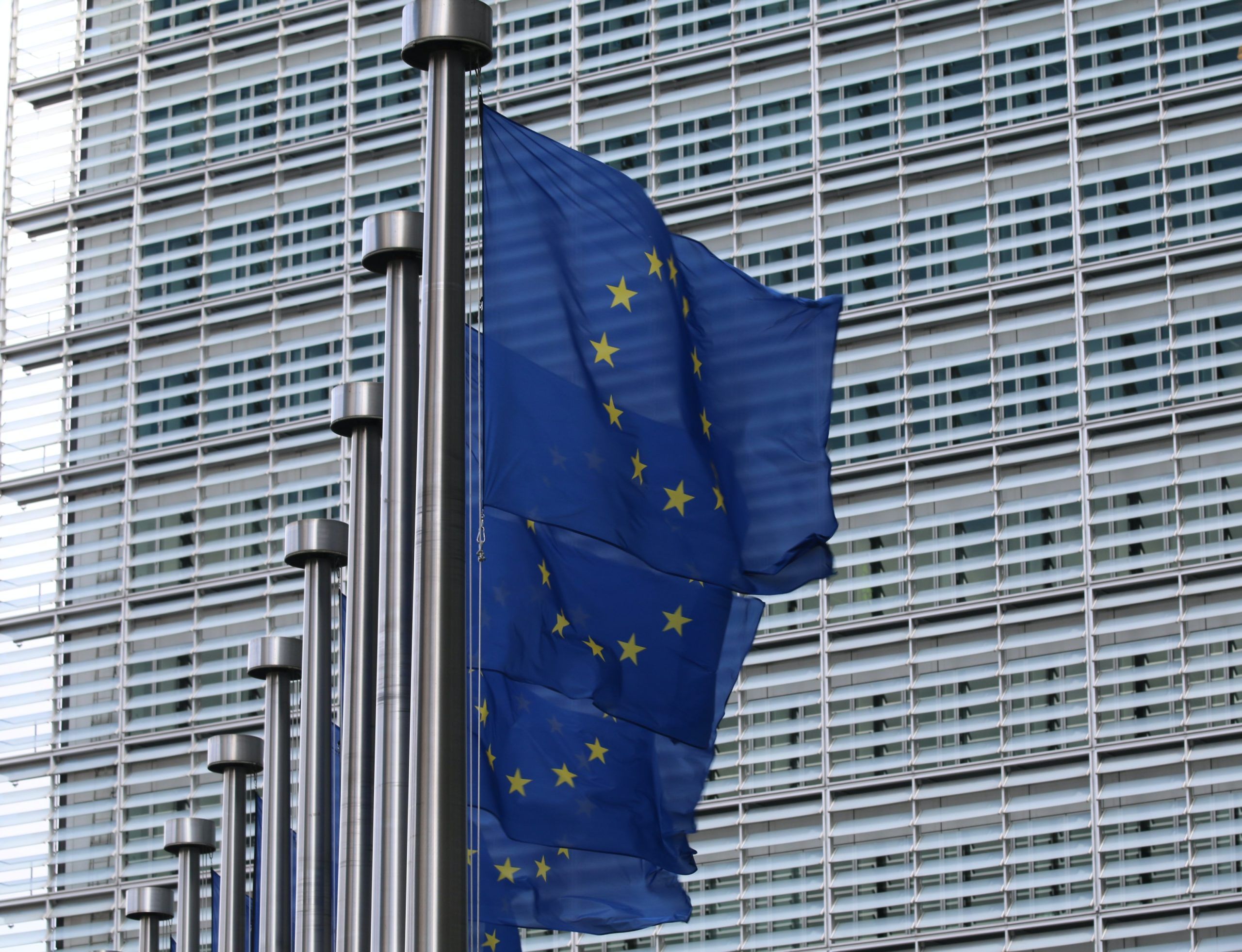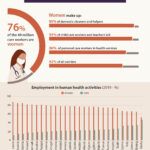
Recognising the vital role that ordinary citizens can play in preventing abuse, the Council has approved conclusions calling for greater efforts to empower bystanders to help combat violence against women and domestic violence.
In their conclusions, EU equality ministers underline that awareness, education and societal support are key to ensuring that bystanders can recognise abuse, intervene safely, and help victims seek justice and protection.
Today, we have agreed to strengthen prevention, early detection and intervention against gender-based violence. Each of us has a role to play in breaking the silence and stopping violence against women and domestic violence. Bystanders and professionals can make a significant difference in the lives of victims and help prevent future cases of violence.
Magnus Heunicke, Danish Minister for Environment and Gender Equality.
Underreporting of violence against women
According to the EU Gender-Based Violence Survey 2024, while the majority of women who have experienced violence have disclosed it to a person close to them, only twenty per cent have contacted social or healthcare services, and just one in eight has reported the incident to the police.
In its conclusions, the Council stresses the need for awareness raising and education among the population as a whole about safe and effective ways to seek help, provide support or otherwise intervene in cases of violence, while also ensuring that bystanders feel able to report such acts to the competent authorities without fearing negative consequences.
Victims of domestic violence
While women and girls are disproportionally exposed to gender-based violence, men and boys can also be victims of domestic violence, and face gender-specific challenges when it comes to seeking help.
The Council also calls for measures at EU and national level to combat gender stereotypes and harmful social norms that discourage men and boys from showing vulnerability, thus limiting their ability to access support when they need it.
Children who are exposed to violence within their family or domestic unit are also considered victims of domestic violence, as they are at greater risk of long-term physical and mental health problems, and may develop or be subjected to violent behaviour themselves.
The Council therefore encourages EU countries to take action to protect and support children living in an environment where violence against women or domestic violence is present.
Background
In May 2024 the Council adopted directive (EU) 2024/1385 on combating violence against women and domestic violence, which requires EU countries to criminalise female genital mutilation, forced marriage, non-consensual sharing of intimate images, cyber stalking, cyber harassment and cyber incitement to hatred or violence. The directive provides for stronger criminal responses to violence against women and domestic violence; improved protection and access to justice for victims; strengthened support for victims; and reinforced prevention and coordination measures.
The Commission published a Roadmap for Women’s Rights in 2025, and is expected to produce an updated version of its Gender Equality Strategy in early 2026.
More information: European Council






Leave a Reply